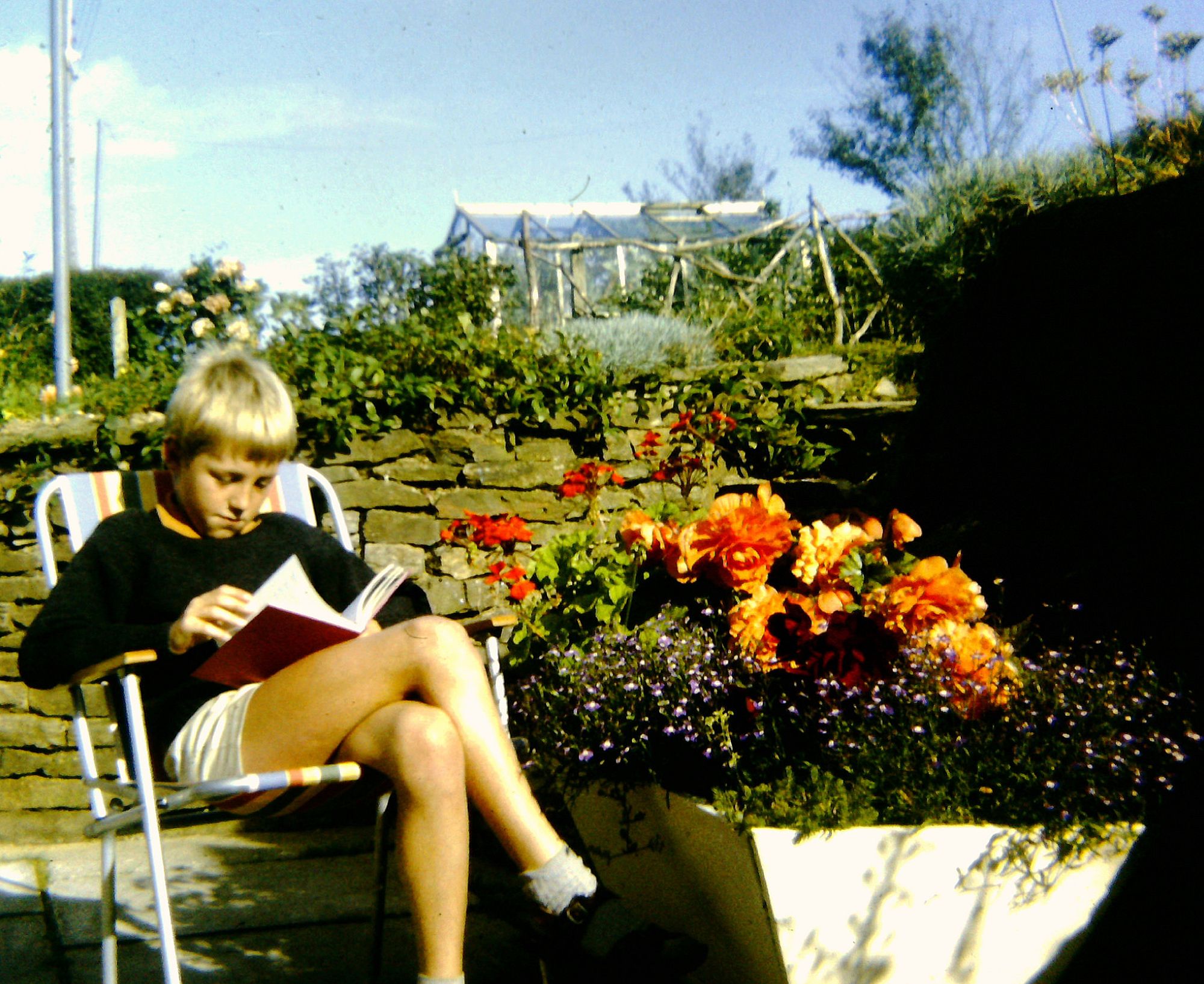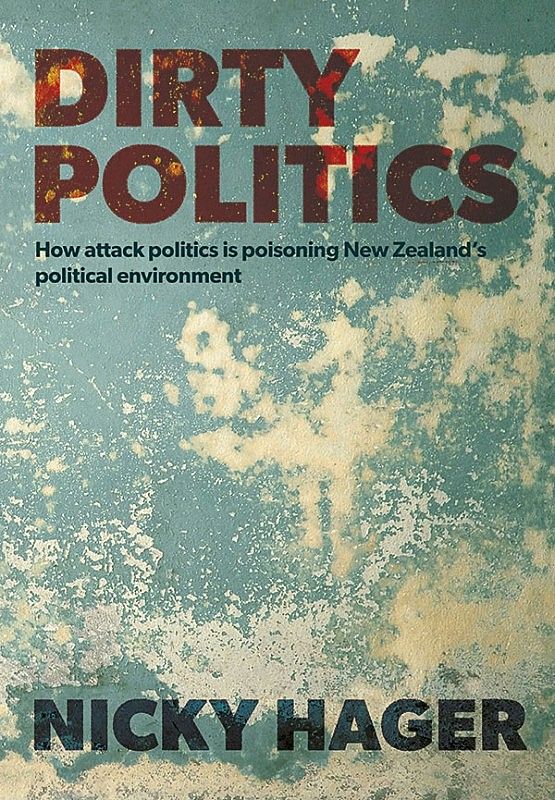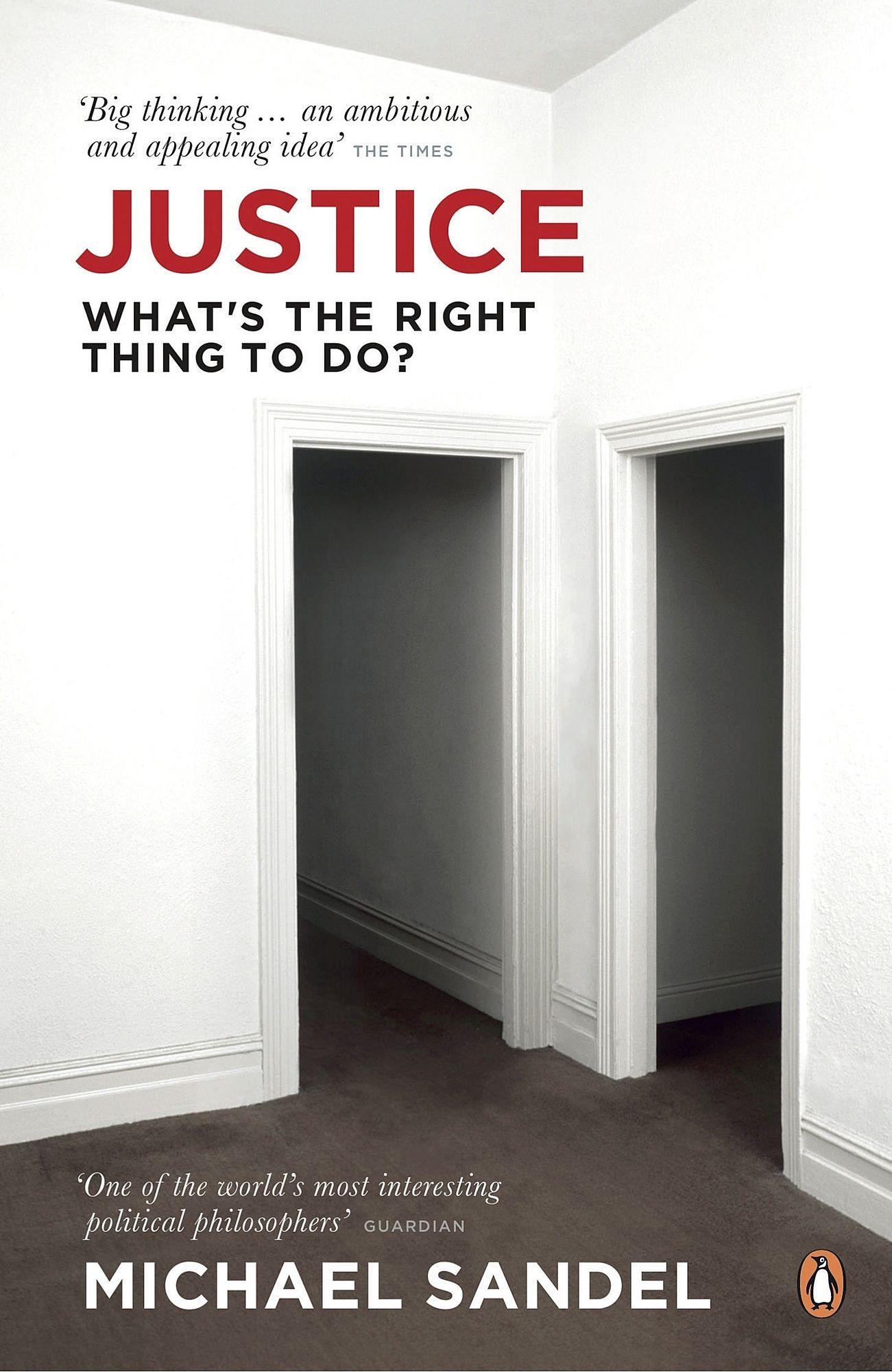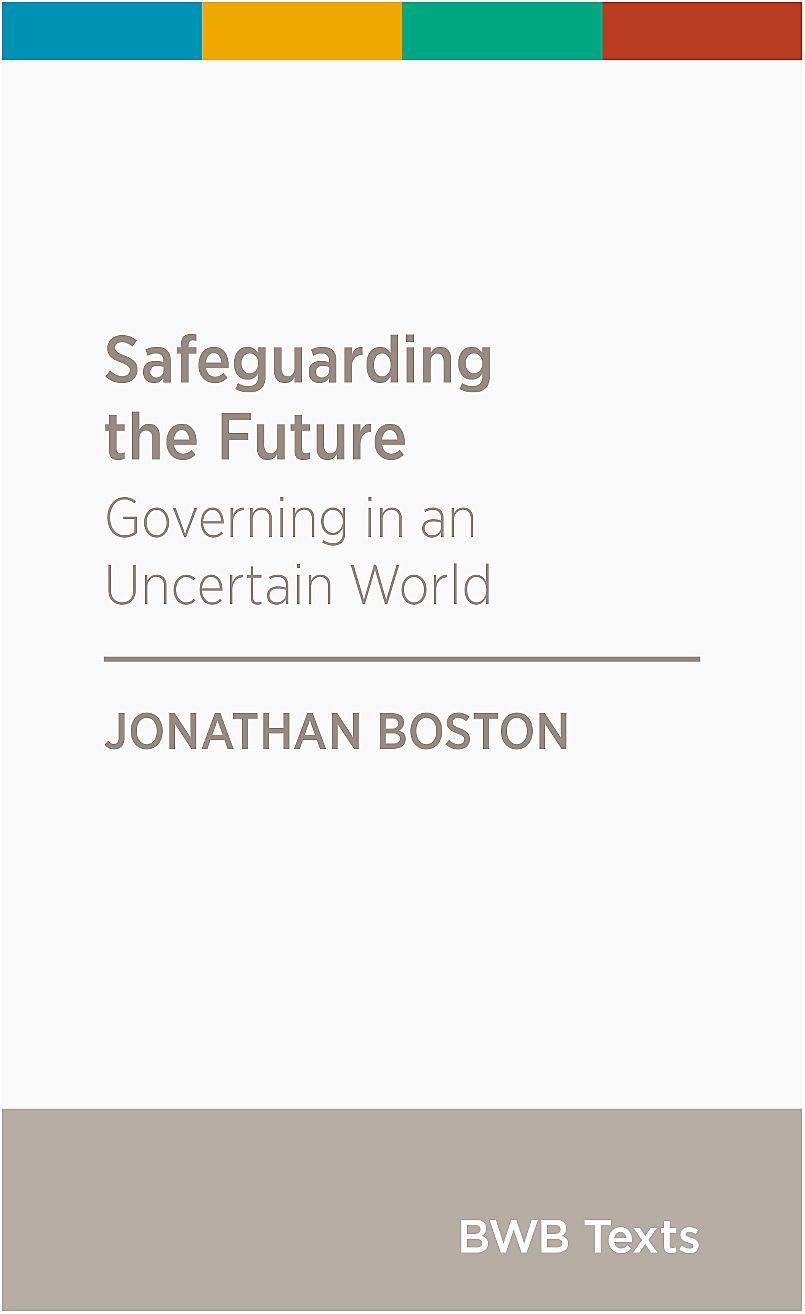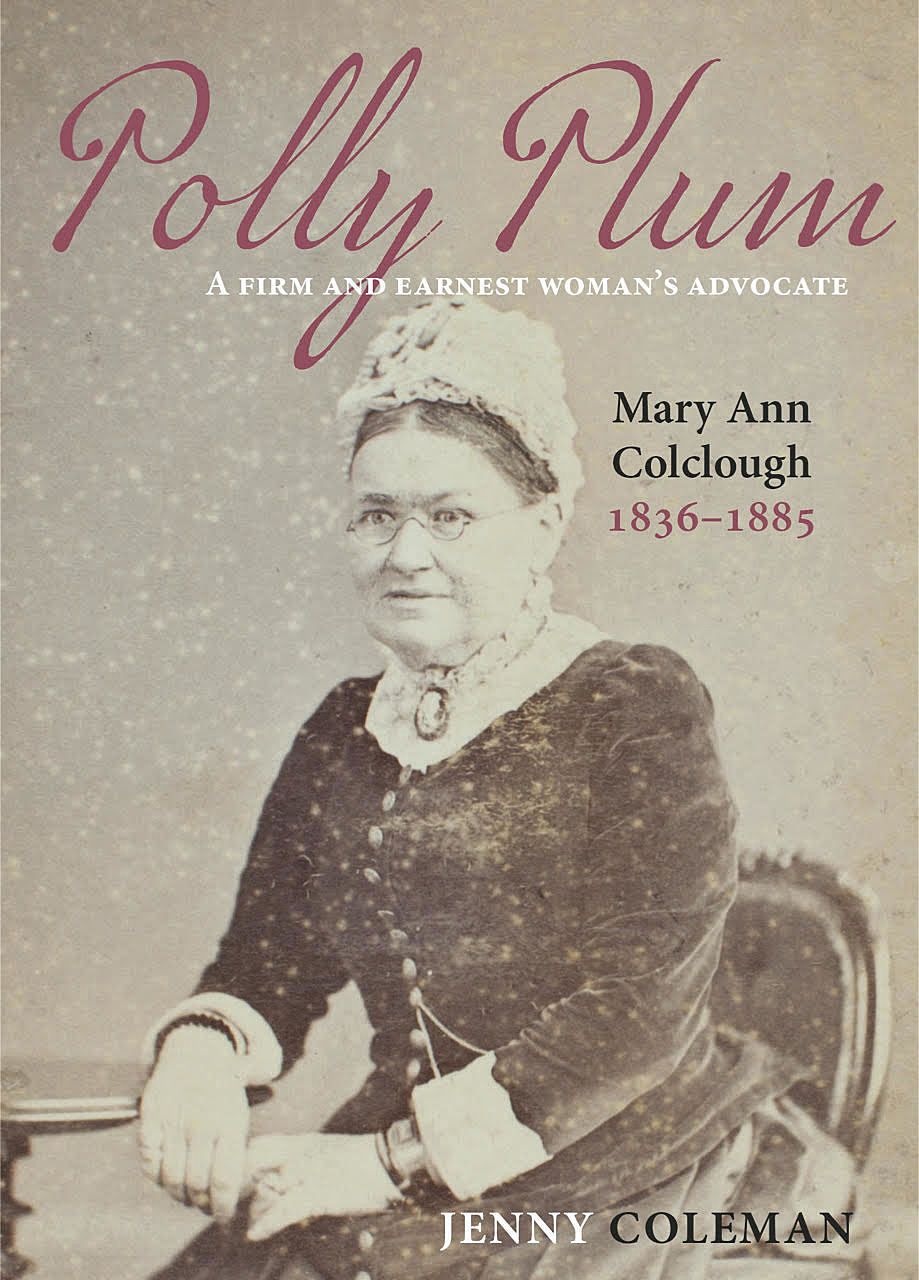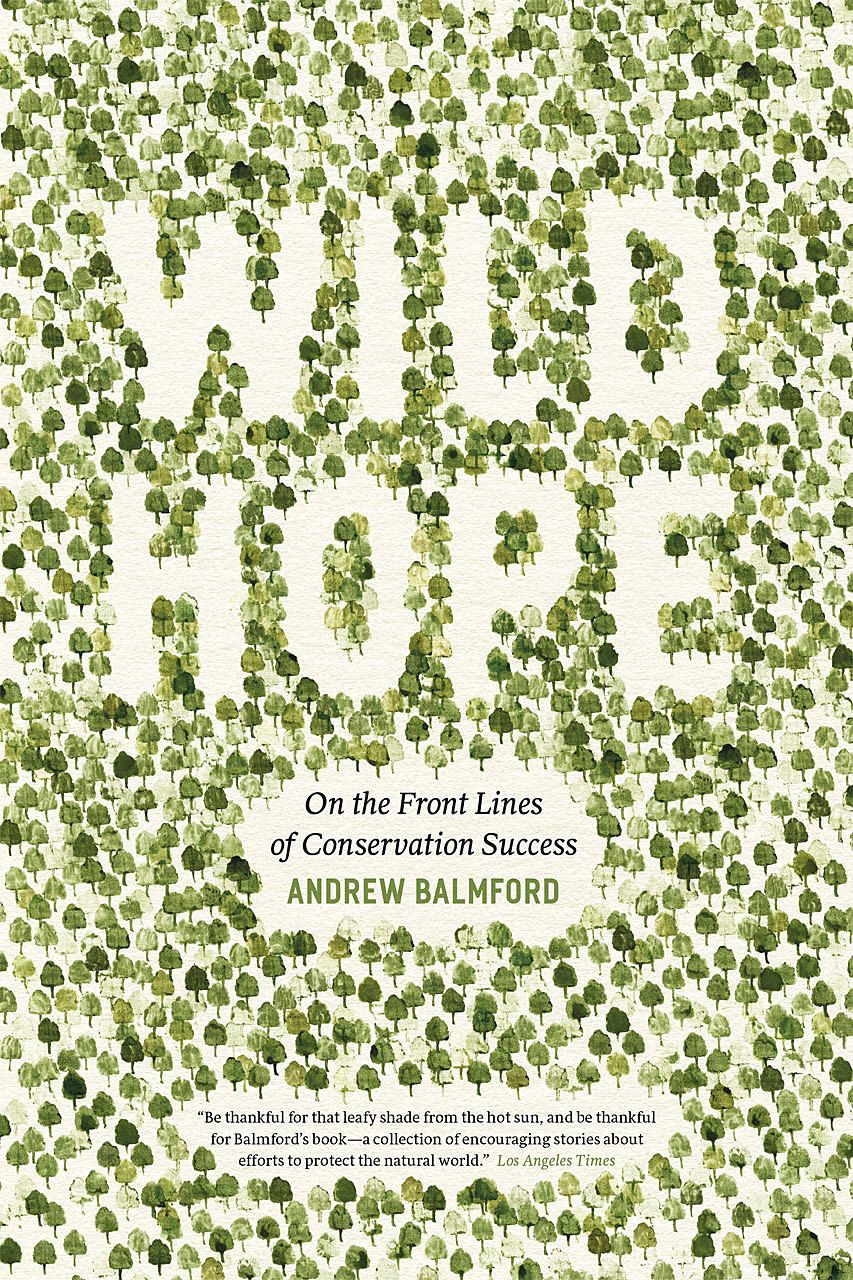Five books to help you stay sane during the election
Trying to make sense of the Aotearoa poll results is giving us the crazies. There's a week to go until the general election. Here are five books to help you stay sane.
Remember that last election in America? The one where a candidate bragged she was so far ahead in the polls that she didn't even think about her opponent? Remembering that election while trying to make sense of the Aotearoa poll results is giving me the crazies. There's a week to go until the general election. Here are five books to help you stay sane.
Dirty Politicsby Nicky Hager
Most of you know the story: early in 2014 Nicky Hager was leaked a large number of email and online conversations from Cameron Slater’s Whale Oil blog. Many of these were between Slater and his personal allies on the hard right, revealing an ugly and destructive style of politics. There were also communications with Prime Minister John Key and his government of which most New Zealanders are completely unaware.
In Dirty Politics Hager argues that Key and his government worked with Slater in a sustained campaign of personal attacks against their political enemies, a deliberate but hidden strategy to avoid being held responsible for negative campaigning. Something to keep in mind for this election, and essential reading for those who care about integrity in politics.
Justice: What's the Right Thing to Do? by Michael Sandel
The immense intellect and generosity of Michael Sandel gives me hope for humanity. Sandel teaches political philosophy at Harvard, and he has been called 'a philosopher with the global profile of a rock star.' I know watching him lecture turns me into a fangirl – I first discovered Sandel through his series, What's the Right Thing to Do? on YouTube.
This is the book version of the lectures, and is a searching and lyrical read that unpacks the hard questions of our civic life. He asks questions such as, what are our obligations to others as people in a free society? Should government tax the rich to help the poor? Is it possible, or desirable, to legislate morality? If you ever wanted to attend Harvard, here's your chance.
Safeguarding the Future by Jonathan Boston
A politico friend recommended Boston's book to me, as well as The New Zealand Project by Max Harris. Both are published by BWB, who have become the publisher of the moment for well-researched and thought-provoking commentary on Aotearoa social issues.
In Safeguarding the Future acclaimed policy scholar Jonathan Boston sets out what ‘anticipatory governance’ might look like. For those of you, like me, wondering what that might be, it's a data and evidence-based decision making and governing process that favours the long view, rather than short-changing long-term interests for immediate political gains. Boston outlines ways in which we can anticipate the future needs of New Zealanders. Sounds good to me.
Poly Plum: A Firm and Earnest Woman's Advocate by Jenny Coleman
Just looking at Mary Ann Colclough's steely gaze makes me feel calm. Polly Plum is a biography of Mary Ann Colclough, one of New Zealand’s earliest feminists. English-born, Colclough's (née Barnes) came to New Zealand in 1857, and soon gained notoriety for her outspokenness on issues relating to women’s position in society. She worked as a journalist for the Daily Southern Cross and the Weekly News, and often engaged in public debate under the nom de plume 'Polly Plum.'
The biography argues for Colclough's contribution to the women's movement in nineteenth-century and reclaims a place for her in Aotearoa's history. If Polly can stand up for what she believes, so can we.
Wild Hope: On the Front Lines of Conservation Success by Andrew Balmford
I was originally going to call this list 'Five books to give you hope' after many despaired at Metiria Turei's poltical assassination by the media and subsequent resignation. Shame on you, New Zealand.
In Wild Hope writer Andrew Balmford offers stories of successful conservation projects. The book is organised geographically, starting on the floodplains of Assam where dedicated rangers and villagers helped bring Indian rhinos back from the brink of extinction, to the pine forests of the Carolinas where plantation owners were persuaded to save a local rare woodpecker. Balmford argues that the common ingredient of each success is hope. Something that I hear from those on both the right and the left is that they value the presence of the Greens in parliament as a voice for environmental issues. I hope that voice remains.
Feature Image: 'Reading' by Andy Roberts | CC BY 2.0
